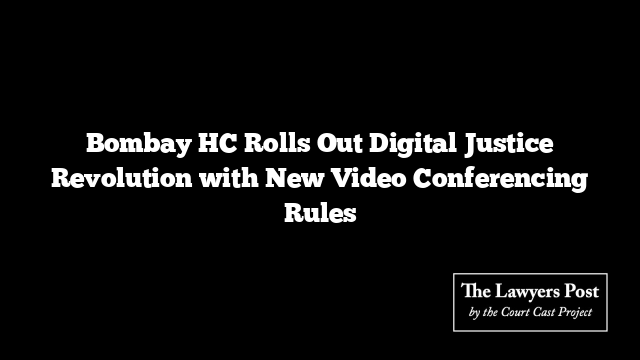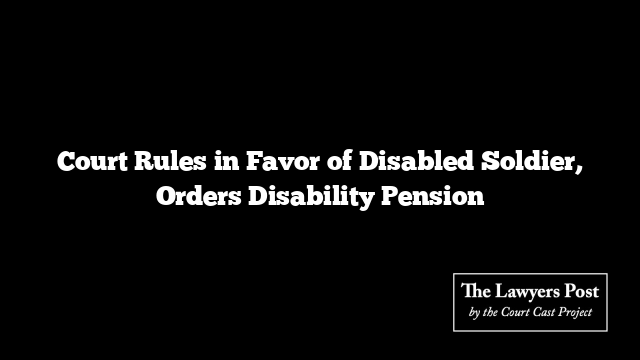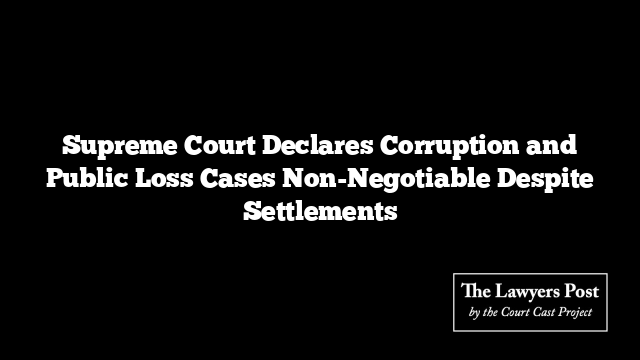In a move to usher the judicial system into a more modern era, the Bombay High Court has introduced sweeping rules for video conferencing, set to transform court hearings across Maharashtra, Goa, and the Union Territories of Daman and Diu and Dadra and Nagar Haveli. The rules, effective from December 29, will impact a broad spectrum of courts and tribunals, including Family Courts, Labour Courts, and Motor Accident Claims Tribunals.
Titled the High Court of Bombay Rules for Video Conferencing for Courts 2022, this framework aims to streamline virtual judicial processes while safeguarding the integrity of court proceedings. Published in the gazette on December 19, the notification outlines a series of robust measures to ensure smooth operations and maintain security.
Key Provisions
- Judicial Validity: Virtual hearings will be treated as official judicial proceedings.
- Identity Verification: Participants must submit government-issued ID via email or provide equivalent details if necessary.
- Security Measures: Unauthorized recordings are strictly prohibited, with safeguards in place to protect privacy during remote sessions.
Designated coordinators will oversee technical arrangements, ensuring all systems are functional and participants are prepared well in advance of hearings. Remote participants must use reliable desktops or laptops with stable internet connectivity to prevent disruptions.
Inclusivity and Adaptability
The rules extend to witnesses located overseas or in custody, allowing testimony via secure video links. Judicial remand and proceedings under the Code of Criminal Procedure can also be conducted virtually under specific conditions. However, remand hearings through video conference will require exceptional justification, recorded in writing.
Cost and Logistics
The financial burden of video conferencing, including technical costs, will generally fall on the requesting party unless directed otherwise by the court. Parties must submit formal requests for virtual hearings, accompanied by the necessary documentation, to facilitate thorough preparation.
By prioritizing privacy, accessibility, and efficiency, these new rules position the Bombay High Court as a leader in embracing technology for judicial innovation, paving the way for a more connected and streamlined legal system.





